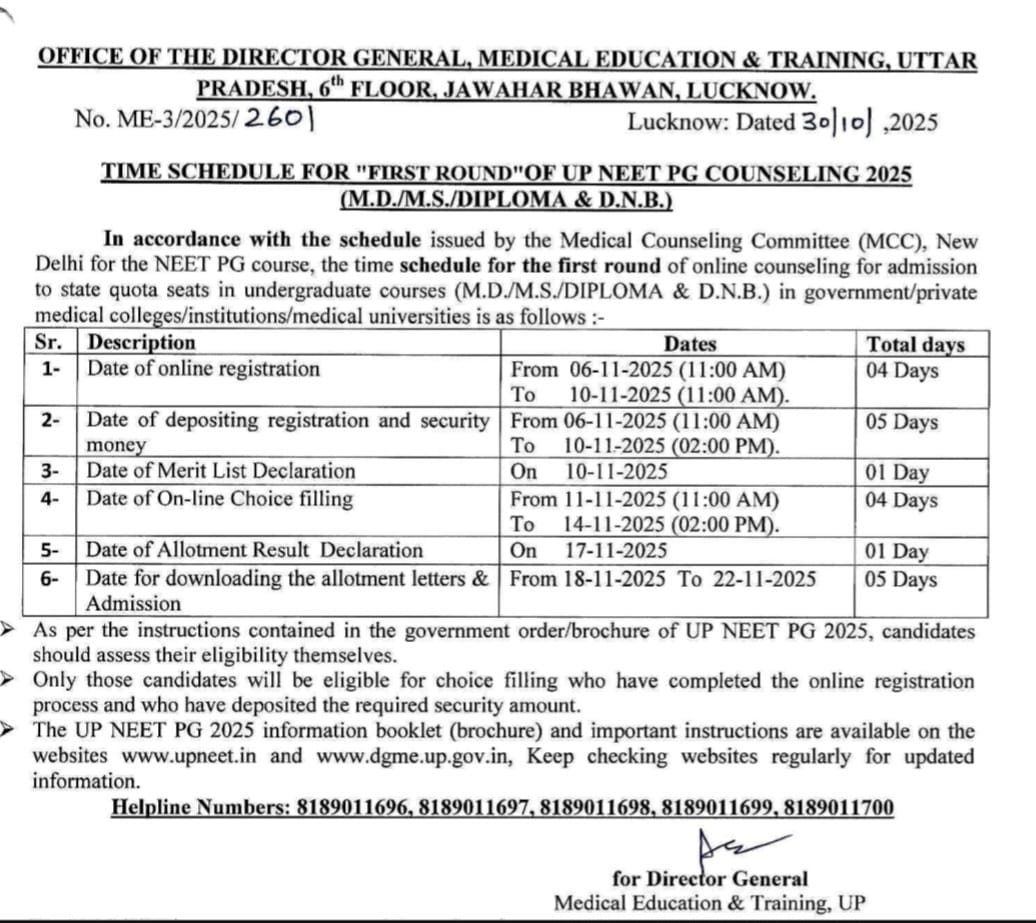India has been steadily increasing the number of MBBS seats across government, private, and deemed medical colleges. This has been part of a broader aim to improve healthcare access and reduce the deficit of doctors, especially in underserved regions.
What are Deemed Colleges?
Deemed Universities/Colleges are institutions which are given “deemed to be university” status by the University Grants Commission (UGC). They are autonomous in academic matters, curriculum, fee structure, etc.
Seats in deemed colleges are often part of the All India Quota (AIQ) counselling (through MCC – Medical Counselling Committee), meaning candidates from any state may compete for them.
Seat Increase Highlights
Some of the recent developments include:
General Increase in Seats
For NEET UG 2025, around 1,970 government MBBS seats were added across India.
In addition to government seats, 500 seats were added in deemed universities (all under 100% AIQ).
So the total MBBS seats rose from about 1,18,148 to 1,20,618.
State‑level increases
Madhya Pradesh saw an increase: government seats rising via new government medical colleges (Singrauli, Sheopur), plus extra intake in existing colleges.
In Rajasthan, two new government medical colleges (Tonk & Jaisalmer) have been approved, each with about 50 seats, thereby increasing the state’s total MBBS seats significantly.
In Tamil Nadu, several deemed universities got permission to add extra MBBS seats. Eg: three deemed universities in Tamil Nadu were granted 50 additional seats each (totalling 150 more seats) by the NMC.
Deemed Colleges’ Seat Increases
Deemed colleges are contributing to the increase, with 500 new MBBS seats approved in such institutions under AIQ.
Some self‑financing/deemed colleges in Tamil Nadu got approval for extra seats to be included in the counselling seat matrix.
How Admission Works: AIQ vs State Quota
Here’s how students typically get admission in MBBS:
| Component | What It Means | Who Can Compete |
|---|---|---|
| NEET‑UG | The single national entrance test for MBBS / BDS etc. | All candidates across India who fulfil eligibility. |
| All India Quota (AIQ) | Usually 15% of seats in government medical colleges, plus 100% seats in deemed, central universities (like AIIMS, JIPMER, etc.) are filled via MCC counselling under AIQ. | Any candidate from anywhere in India can compete (provided they’ve taken NEET, etc.). |
| State Quota | The remaining 85% of seats in government colleges are reserved for candidates of that state. Also, private colleges, management quota seats etc. are often handled via state or local counselling authorities. | Usually domicile/residency requirements apply; students from the same state get preference. |
| Deemed / Private / Minority Quotas | Seats in deemed universities are often entirely under AIQ or have their own seat matrix. Private colleges may have different quotas (management, NRI, minority). | Fee structure, eligibility and quotas may differ; often higher fees. |
So, when MBBS seats are increased (in government or deemed colleges), those extra seats flow into either AIQ (if they are part of central/deemed quotas) or state quota (if the college belongs to a state government or is affiliated accordingly).
What is “Bond” in MBBS Courses — Service Bond / Penalty Bond
A “bond” in MBBS admissions refers to a contractual obligation that students may have to fulfill after completing their course (or sometimes during/after internship). This often requires a specified period of service in government / rural / underserved areas, or payment of a penalty if they don’t.
Here are the key points and examples:
Purpose of the Bond
To ensure that doctors serve in areas with poor healthcare infrastructure or rural/tribal/remote areas.
To recoup subsidy / investment by government when students receive government‑funded seats or fee reimbursement/scholarships.
To enforce continuity in healthcare services, especially in government hospitals or public health settings.
Recent / Notable Bond Policies in States
| State / Region | Bond Period / Service Required | Penalty / Bond Amount | Other Notes |
|---|---|---|---|
| Delhi | 1 year service under GNCTD (after course + internship) for both MBBS and PG. | Bond amount: ₹15 lakh for MBBS, ₹20 lakh for PG. | Applies to both All India & State quota seats in Delhi medical colleges from academic year 2025‑26. |
| Punjab | State quota students: 2 years service. All India quota students: 1 year service. | Penalty: ₹20 lakh if not serving as required. | |
| Maharashtra | Historically, there has been a “social responsibility service bond” requiring one year service, especially for those getting fee reimbursement/ scholarships. | Penalty around ₹10 lakh for non‑compliance in some cases. | |
| General: Other States | Some states impose rural service bonds (1‑5 years) for those benefiting from special schemes or in government seats. The bond amounts and durations differ state by state. |
Deemed Universities & Bond
-
Deemed universities usually do not impose mandatory service bonds requiring service in government or rural sectors. What they often require is a written affirmation or affidavit from parents/guardians to ensure course completion and fee payment.
-
Because many deemed seats are high fee/private seats (management/NRI), there is less state subsidy, so governments tend not to require service obligations for them. But always check the specific college, as policies might vary.
Implications for Students & How to Navigate
Given the above, what should a NEET UG aspirant keep in mind?
Check Latest Seat Matrix & Seat Increases
Before filling choices in counselling, see which colleges have increased seats. More seats can mean better chances.
See whether increases are in AIQ or State quota — depending on your domicile, you may benefit more from state quota increases if you live in that state.
Understand Fee Differences
Deemed/private colleges tend to have much higher fees. Just because seats increase doesn’t mean fees will be affordable.
Factor in the Bond
If the MBBS seat requires a service bond, check the duration, where you will serve, penalty amounts.
Sometimes bond applies only to those who got government‑subsidised or scholarship seats. If it’s a fully private seat, often no such bond is required.
Understand whether the bond is avoidable (by choosing a different quota) or whether you’re willing to serve so that you’re not caught off guard.
Plan Counselling Choices Wisely
If AIQ seats are increased in deemed universities that have fewer bond obligations, that might be attractive if you want mobility or fewer post‑course obligations.
If state quota seats increase, then staying in your state might give better opportunity.
Stay Updated on Policy Changes
Bond policies sometimes change (as with Delhi introducing mandatory bond from 2025‑26, etc.).
Also, legal challenges or court rulings may affect bond enforceability (for example, SC has expressed concern over states imposing certain “mandatory remote area service” bonds on All India Quota students.
Summary & Take‑Home Points
There has been a noticeable increase in total MBBS seats in India, via new government medical colleges, increased intake in existing colleges, and additional seats in deemed universities.
Admission is through NEET‑UG, with seats divided between All India Quota (AIQ) and State Quota, plus private/deemed/management quotas — so depending on your domicile, merit, and finances, your strategy may differ.
The service bond or mandatory service requirement is a growing feature in many states, particularly for government seats or seats with subsidy. Deemed colleges are much less likely to enforce post‑MBBS service bonds, though always verify with the specific institution.
Decisions about which college/seat to take should factor in not only merit and fees, but also bond commitments and your long‑term plans (PG studies, where you wish to work, etc.)



